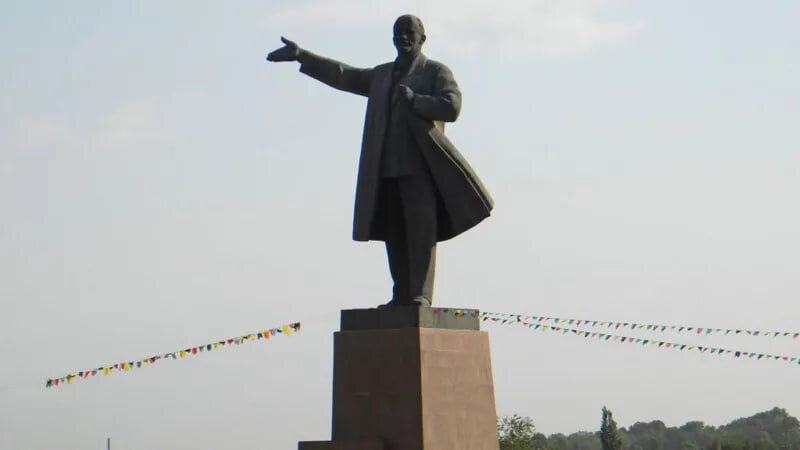
Similar Posts
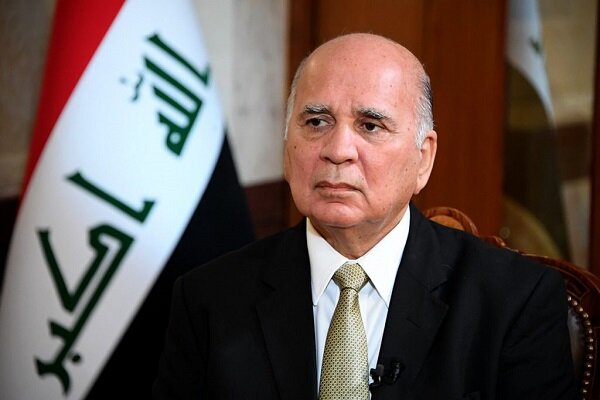
Iraqi FM Sounds Alarm as ISIL Territory Expands in Syria: A Growing Threat
At the Davos forum, Iraqi Minister Hussein expressed serious concerns over the expanding ISIL-controlled territory in Syria, emphasizing its implications for regional security. He noted that the collapse of the Syrian army has allowed ISIL to gain weapons and attract new recruits, posing a direct threat to Iraq. ISIL militants are now stationed near Iraq’s borders, prompting increased military presence and collaborative efforts with regional allies to secure these areas. Iraqi forces have bolstered their border security to prevent a repeat of the 2014 crisis. The discussions highlighted the urgency for collective action against ISIL and regional cooperation for stability.
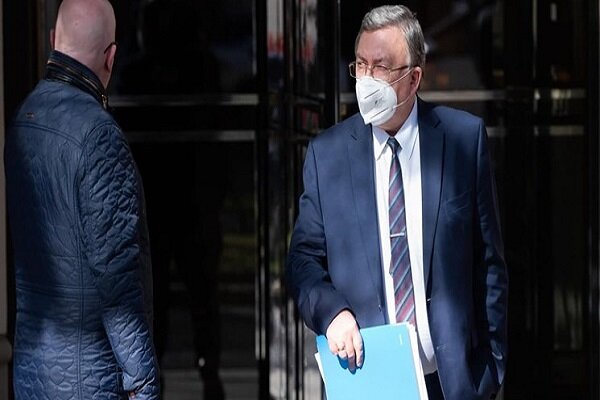
Productive Meeting on Nuclear Programs: Russia, Iran, and China Strengthen Collaboration
Russia, China, and Iran are strengthening their alliance, particularly concerning the Iranian nuclear program, as highlighted in a recent Beijing meeting. Officials emphasized resolving geopolitical issues through diplomacy, issuing a joint statement against military threats to Iran’s nuclear facilities. Russian diplomat Mikhail Ulyanov noted a negative trend regarding Iran’s nuclear compliance and expressed skepticism about future negotiations unless the U.S. shows willingness to engage. This collaboration reflects a strategic response to perceived Western threats and could impact global security and nuclear non-proliferation efforts. The situation underscores the importance of diplomatic dialogue over military action in international relations.
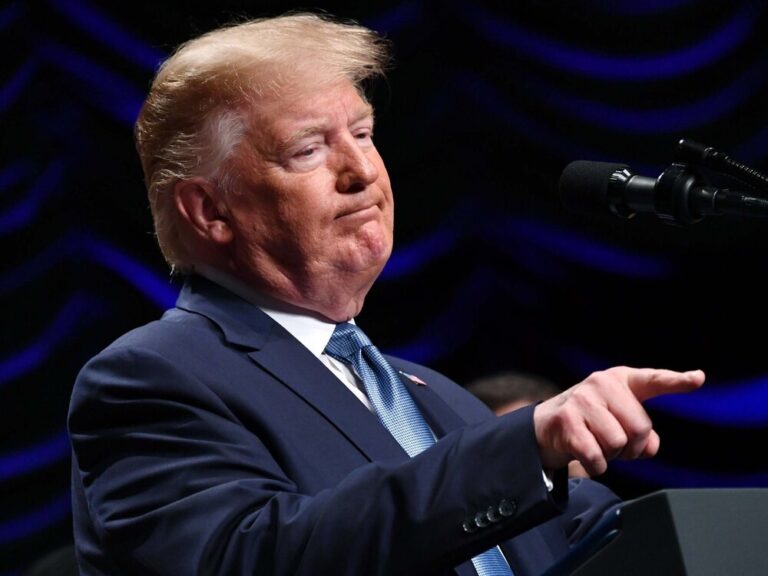
Trump’s Promised Bonanza: Why Power Politics May Fall Short – Insights from Foreign Affairs
“The Price of Trump’s Power Politics” examines the U.S. shift to a power politics approach under President Trump, suggesting it could reshape global dynamics. Authors Ivo H. Daalder and James M. Lindsay argue that the era of Pax Americana is ending, highlighting Trump’s skepticism towards allies and his reliance on tariffs. This approach echoes 19th-century politics, prioritizing U.S. dominance over international cooperation. The authors warn that Trump’s tactics may lead to long-term disadvantages for the U.S., as allies might seek alternatives, aligning more closely with China or Russia, potentially increasing global instability. The article calls for collective action among allies to address these challenges.
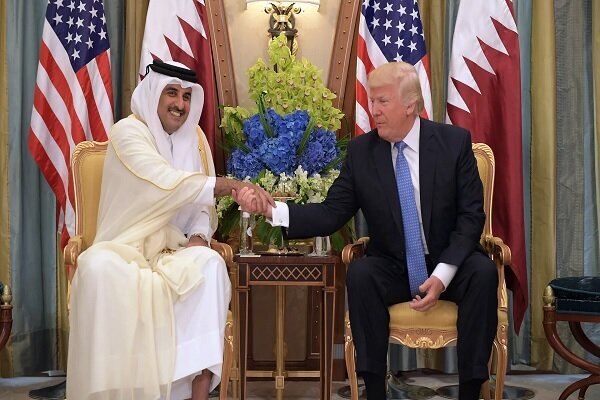
Trump Set to Make Waves at Persian Gulf Summit During Saudi Arabia Visit
In May, President Donald Trump will attend a summit with Persian Gulf Arab leaders in Saudi Arabia, from May 13 to 16. Organized by Crown Prince Mohammed bin Salman, the summit aims to strengthen ties on defense, economic partnerships, and emerging technologies, including artificial intelligence. While currently limited to Gulf nations, the guest list may evolve. Anticipated discussions include military contracts and collaborations, highlighted by a recent $3.5 billion missile sale to Saudi Arabia approved by the Pentagon. The summit is seen as pivotal for enhancing U.S.-Gulf relations and addressing regional stability amid shifting geopolitical dynamics.
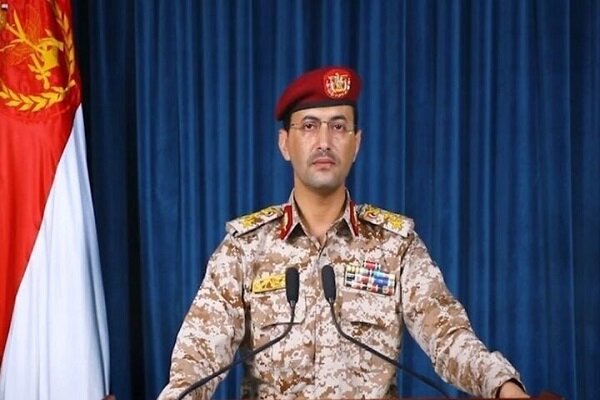
Yemen Strikes Again: Drones Target Tel Aviv in Bold New Assault
The Yemeni Armed Forces recently conducted a notable military operation in support of Palestine, targeting two military sites in Tel Aviv using advanced drones, as announced by Brigadier-General Yahya Saree. This operation aims to demonstrate Yemen’s solidarity with Palestinians amid escalating tensions following the outbreak of conflict on October 7. The drone strikes have raised questions regarding potential repercussions, especially as the Israeli military has not publicly responded. Yemen’s longstanding commitment to Palestinian rights is reflected in its political stance, public demonstrations, and humanitarian aid efforts, marking a significant escalation in regional involvement in the Israeli-Palestinian conflict.
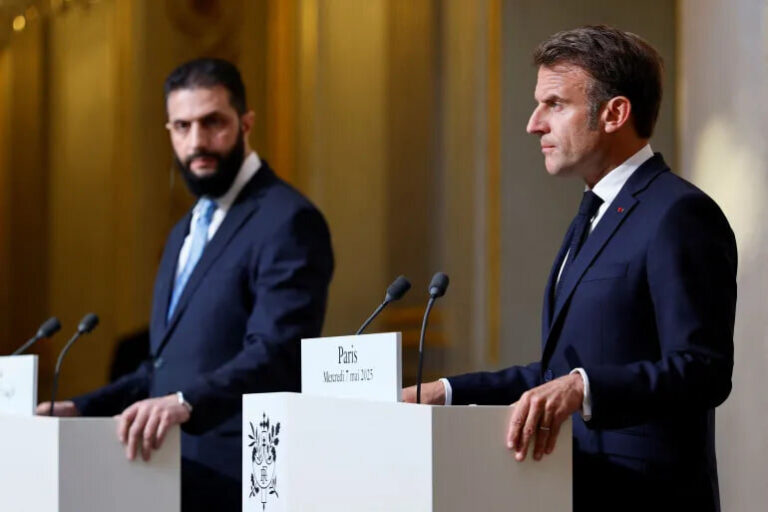
Syria’s al-Sharaa Confirms Groundbreaking Talks with Israel Amid Rising Tensions
Syrian interim President Ahmed al-Sharaa has announced that Syria is engaged in indirect talks with Israel to reduce escalating tensions, following recent Israeli airstrikes near Damascus. Al-Sharaa criticized Israel for its military actions, which he described as “random interventions,” and called on nations with ties to Israel to help halt these attacks. During his historic visit to Paris, al-Sharaa met with French President Emmanuel Macron, advocating for the lifting of economic sanctions on Syria. Macron indicated potential reconsideration of EU sanctions based on Syria’s trajectory, highlighting the complex geopolitical dynamics in the region and the hope for de-escalation.